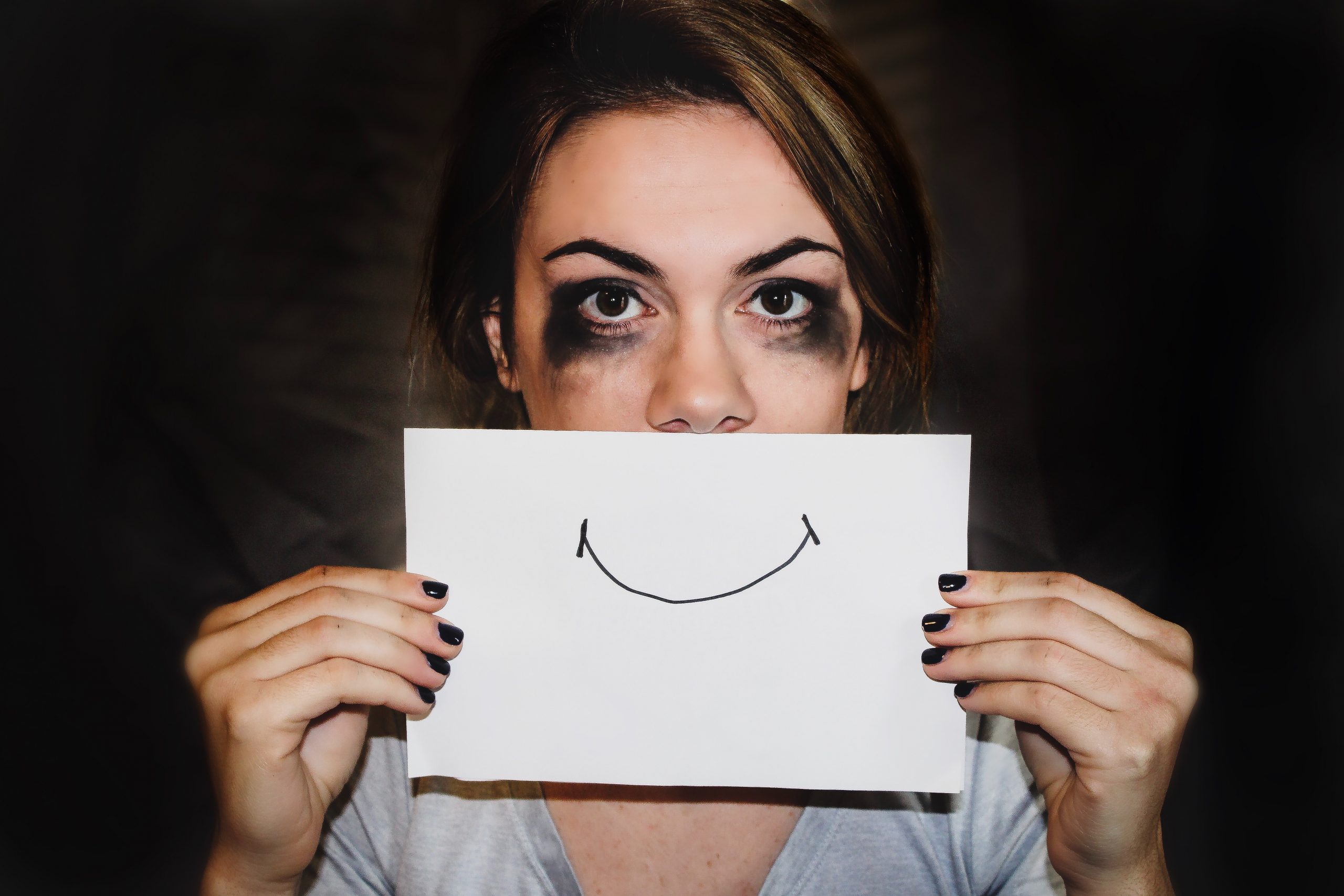How To Handle Burnout: Signs and Treatment

Top 10 Benefits Of Pilates That You Didn’t Know
March 11, 2021
Common birth Defects and Their Symptoms
March 21, 2021We are dealing with two pandemics globally – COVID-19 and burnout. Some may even say that there is a direct correlation between both pandemics. Most working people switched to the remote option to combat the pandemic but what they didn’t take into consideration was the higher levels of stress, more responsibilities, longer work hours, and greater workload involved. Places of relaxation and entertainment are still shut so it seems all we do is work, work, work, and then work some more.
Inadvertently, the effect of our very busy and hectic lives is burnout. Burnout is a more serious condition than the stress you feel from your daily work. It takes a toll on both your mental and physical health and can have crippling implications if not handled properly.
READ ALSO: 7 Subtle Signs Of Stress That You Have Been Missing
What is burnout?
Burnout is extreme mental, physical, and emotional exhaustion caused by exposure to prolonged and excessive stress. It makes you feel overwhelmed, drained, and incapable of meeting the most basic demands. As it continues, it saps out the motivation and the interest you had in your job in the first place.
At work, burnout reduces your productivity and energy levels, leaving you feeling disillusioned, helpless, cynical, hopeless, and resentful. The adverse effects of burnout are not limited to your work as it spills over to other areas of your life including your home, social life, and personal relationships. Burnout can also cause you to be more susceptible to illnesses like flu and colds. All of these effects make it important to spot and deal with burnout immediately they occur.
Signs of burnout
Burnout does not start in one day. It is a gradual process that snowballs into something bigger. The symptoms are very subtle at first but with time, they become more noticeable and hard to ignore. Here’s how to know if you are experiencing burnout:
1. Physical signs
- You feel tired and drained almost all the time.
- Frequent muscle pain or headaches.
- Change in sleep habits or appetite.
- Frequent illnesses due to lower immunity.
2. Behavioral signs
- Isolation from friends and family.
- Withdrawal from responsibilities.
- Transfer of aggression and frustration.
- Procrastination.
- Substance abuse and other unhealthy coping mechanisms.
3. Emotional signs
- Detachment from the world.
- Loss of motivation.
- Increased dissatisfaction with life.
- Feeling trapped, helpless, and defeated.
- Increased cynicism and pessimism.
- Self-doubt and feelings of failure.
Treatment
1. Consider your options and evaluate them.
Talk to your supervisor about your concerns and see if you can both come up with a compromise or solution to help you get better. When you do, try to prioritize by setting goals for what’s important to be done and what can wait.
2. Find support from people who care.
As tempting as it is, now is not the time to isolate yourself from friends and family. Instead, you should be seeking them out for support to help you cope. Reach out to your friends, colleagues, or family members that care about you and see how they can be of assistance to you at this point. Also, take advantage of any employee assistance program or relevant services your company offers.
3. Get some exercise.
Exercise brings a little clarity and focus, two out of a long list of things you need to overcome burnout. Regular physical exercise also helps you cope better with stress and takes your mind off work.
4. Do something relaxing.
Since burnout is caused by extreme stress conditions, it only makes sense that relaxing activities will help you cope with or combat stress. Explore programs like meditation, yoga, or tai chi to help you relax when you feel stressed. You could also listen to your favorite music, watch a TV show, or read a book.
5. Sleep.
Good sleep is restorative. it helps you relax, feel better, while giving you a clearer head to chase your goals.
Good health is important. Do what you can to ensure that you are in the best of health mentally, physically, and emotionally at all times.

